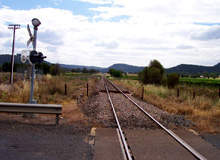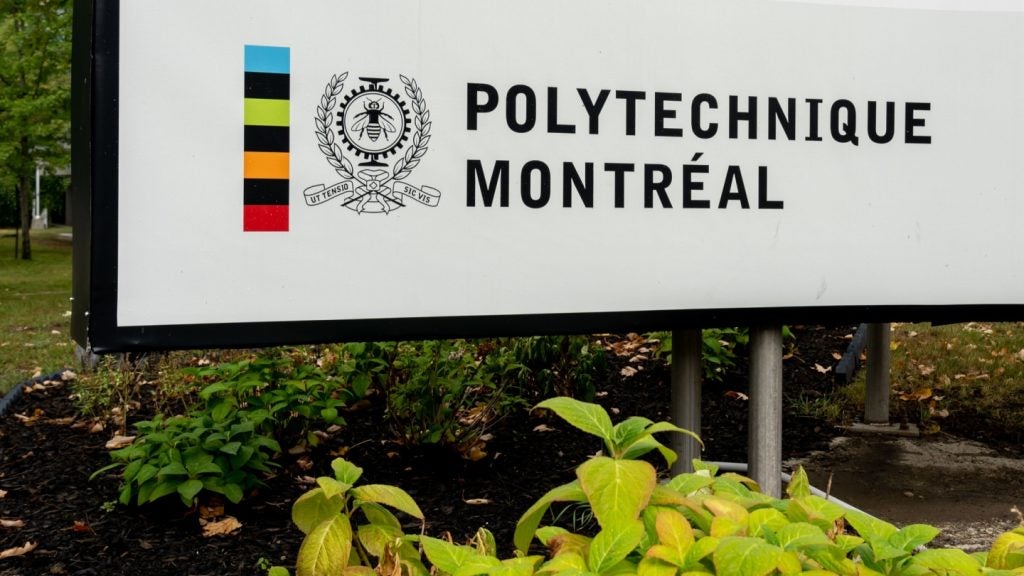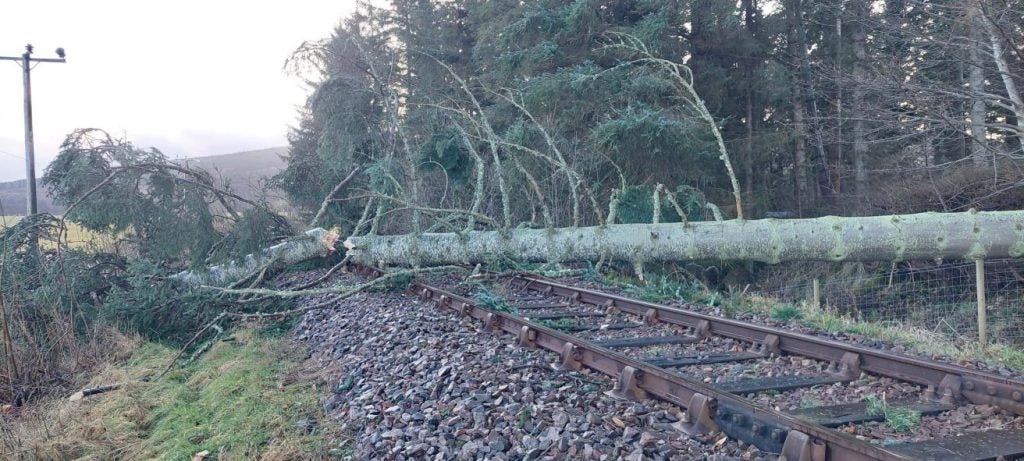
Engineers are probably the hottest property on the global employment market right now and across all industries, the competition to attract them is fierce. With demand increasing and the numbers embarking on relevant degrees dwindling, the world's railways face the looming spectre of a serious skills shortage.
At a time when there are major development projects afoot from one side of the planet to the other – in London, Sydney, California and India – the prospect of a significant engineering shortfall is scarcely welcome news.
However, the problem is not exactly a new one. In 1999, a report by the Institution of Engineers, Australia (IoEA), warned that a shortage of engineers was jeopardising both the completion schedule and profitability of the country's new rail projects then under development.
The times and the technology may have changed, but nearly ten years on, it seems there is more than a little of "plus ça change, plus c'est la même chose" about the situation.
A study conducted for the Australasian Railway Association (ARA) concluded in 2008 that acute skill shortages will hit Australia's rail industry hard. It means 40% of today's workforce is due to be replaced over the next five years, with critical engineering roles being most affected.
See Also:
Competencies afford high premium
How well do you really know your competitors?
Access the most comprehensive Company Profiles on the market, powered by GlobalData. Save hours of research. Gain competitive edge.

Thank you!
Your download email will arrive shortly
Not ready to buy yet? Download a free sample
We are confident about the unique quality of our Company Profiles. However, we want you to make the most beneficial decision for your business, so we offer a free sample that you can download by submitting the below form
By GlobalDataApart from the generalised downturn in engineer numbers, there are two main reasons for the brewing crisis threatening the rail industry. Firstly, there is the sheer magnitude of the projects being undertaken. Within the London area alone, three of the world's largest developments are being undertaken simultaneously – Crossrail, the London Underground upgrade and work on Thameslink.
Secondly, although rail transport can often seem an old industry, much of modern rail technology is distinctly cutting edge. Taken together, these two factors inevitably afford relevant engineering competencies a particularly high premium. In the words of Tom Nixon, operations manager at EPC Global, "every part of the rail industry needs people at the moment."
In Australia, the anticipated shortages will be highest across two critical engineering roles, project management and electrical/signalling, according to the recent Infohrm study for ARA. At a conservative estimate, the report suggests that the industry will face a total shortfall of between 1,260 and 1,700 engineers by 2013. In addition, it flagged up the low number of engineering graduates as a significant and growing problem, given rising global demand and increasing local needs for routine maintenance, major network upgrades and increased passenger and freight services.
This situation is mirrored in the UK, particularly with the rush to prepare for the 2012 London Olympics, which has led to certain engineering skill-sets – signalling, telecoms, systems and electrification especially – becoming in particular demand. Outside of the capital, Network Rail is looking to find engineers to fill roles for its many projects across the country.
"Network Rail has a much more diverse need for a whole range of engineers than people tend to anticipate," says the company's engineering resourcing manager, Toni Harvey.
Its wishlist includes industry-specific specialists with experience of systems design, European rail traffic management systems and electrification, along with civil and structural engineers and geo-tech and mining experts.
Although for many roles previous rail experience is preferable, these days it is often no longer an essential qualification. One thing is for certain, despite all categories of rail engineer featuring on the list of recommended shortage occupations for Tier 2 of the UK's newly unveiled points-based immigration system, there is unlikely to be a repeat of 2004, when Network Rail flew in mechanical engineers from India to restore and maintain its signal boxes.
With major rail projects also on the cards for the sub-continent, it seems India will need to keep all its home-grown engineering talent for itself.
Bridging the skills gap
Back in 1999, the IoEA survey of rail organisations had found that although the existing shortage was widely recognised, very few organisations were taking any substantial action to address it. Nearly ten years on, the latest study highlighted a number of major threats to the growth and employment needs of the Australian rail industry.
The demand for new engineers to enable planned growth to take place – and to replace those retiring or leaving – is one critical area which clearly needs to be addressed, while the effectiveness of training must be improved to allow better on-the-job skills development. With the predicted loss of both technical and industry-specific knowhow over the next five years as the ageing current workforce retires, there has to be a cultural shift to make the rail sector more attractive to a wider catchment of potential employees.
In addition, filling shortages in remote and rural areas is a growing problem and the report concluded that the industry as a whole needs to address the employment shortfall and develop appropriate responses to deal with it.
The New South Wales government recently announced a number of measures to tackle the industry-wide shortage, many addressing precisely these issues. Alongside financial support for apprentices, Minister for Transport John Watkins spoke of the need to raise the profile of engineering and rail in schools and support engineering graduates from non-English speaking backgrounds.
In the US too, there is an understanding that the key to safeguarding the prospects of an industry which is today transporting more freight than at any time in its history, lies in the education of the next generation of its engineers. With the implementation of high-speed rail corridors now underway across the nation, educational institutions, such as the University of Illinois, are looking to the future and developing programmes to suit.
Growing demands have also begun to focus minds within the UK rail industry also. The British network transports three million passengers, and approaching half-a-million tonnes of freight in 25,000 trains every day, representing a 40% increase in passenger miles and a 60% companies are setting initiatives in place to meet the skills shortage and ensure their continued competitive edge, encompassing recruitment, training and development.
In the end, making rail engineering more attractive inevitably comes down to a consideration of remuneration and companies complaining that they cannot pay enough to attract engineers may be largely missing the point.
In the UK alone, the numbers taking up engineering over the last decade fell by some 30% – and other countries, it seems, fare little better. The perception still holds that the industry cannot reward engineers properly by recognising their worth.
Today, the fundamentally Victorian employer and employee model seems outdated and flawed; clearly, something has to give. As Michael Ivanovich of Consulting-Specifying Engineer says: "engineers are not overhead costs – they're continuous investments."






